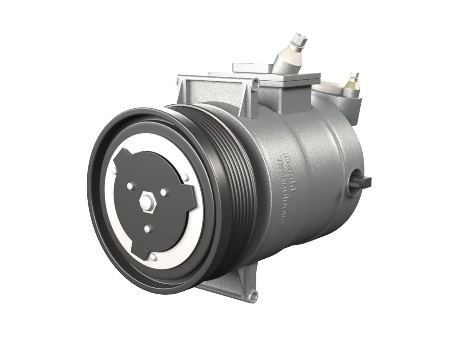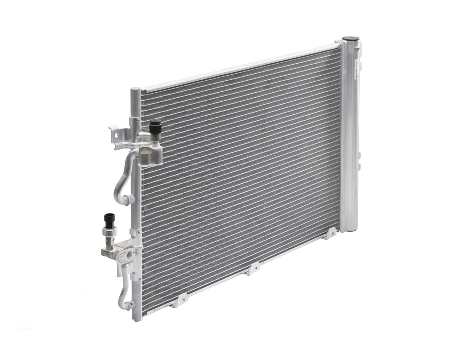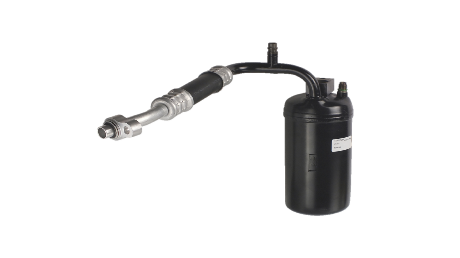Cabin Air Filters
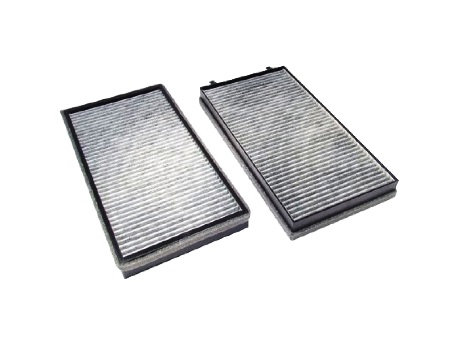
- Product Information
- Product Resources
- Enquire
- Related Products
High-performance media
All our cabin air filters use a high-performance, non-woven fabric to eliminate dust, pollen, bacteria and exhaust particles, amongst others. The specially designed filter fabric contains up to five individual layers, removing near 100 percent of harmful pollutants.
Enhanced protection
Over time moisture can build up in the filter and become a feeding ground for bacteria and mould. This can then spread into the lines of the HVAC system, where it emits unpleasant odours. For the ultimate protection from this and other pollutants, we also offer a range of carbon activated filters. Our carbon activated filters feature the same high quality, non-woven fabric as our particle filters, with the addition of a layer of activated carbon. Sandwiched between two layers of fleece, this highly effective technology removes more pollutants than standard filters, and expels nasty gases and smells too.
The Delphi Difference
-
100 years of OE experience, supplier to the world’s top automakers
-
OE heritage and knowledge built into every aftermarket part
-
Comprehensive portfolio for a wide range of vehicles and model years
-
Streamlined SKUs for easy inventory management
-
Support through tools, tips and training

Related product resources and downloads
Resource Highlights
In this article you will find out why it’s important to replace your cabin air filter. Here we take a look at the role of the cabin air filter and why replacing it regularly should always be a priority. As its name suggests the cabin air filter, filters and cleans the air entering your cabin via the HVAC (heating, venting and air conditioning) system.
When it comes to routine car maintenance chances are replacing your cabin air filter is not high on your list. But with recent research suggesting that the air inside your car can be more harmful than the air outside – up to 10 times more pollutants - you might want to reconsider. Here we take a look at the role of the cabin air filter and why replacing it regularly should always be a priority. As its name suggests the cabin air filter, filters and cleans the air entering your cabin via the HVAC (heating, venting and air conditioning) system. Typically located under the dashboard or behind the glove box, it prevents debris, dirt and pollutants, such as dust, pollen, smog and mould spores from entering the vehicle. Yet because it’s essentially all that stands between your car’s interior and the outside world, it can easily become clogged – after all, it wouldn’t be doing its job if it didn’t.
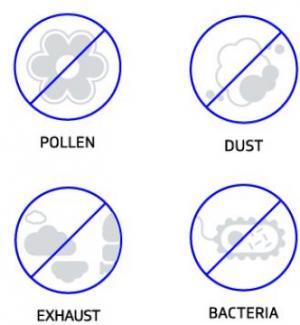
What happens when a cabin filter is blocked?
Unfortunately, a blocked cabin filter will no longer work as it should. As well as a below-par heating and cooling system, this can actually cause the air inside your vehicle to become more polluted than the air outside. Never a good thing! And because the system will have to work harder to cool or heat this air, your engine will have to work harder to power it. This can have a knock-on impact on both your fuel economy and emissions. Bacteria and fungi can also accumulate in the filter, leading to unpleasant smells in the cabin.
When to replace your cabin filter
For these reasons, it is recommended that you replace your cabin air filter every 10,000 to 12,000 miles – or more frequently if you suffer from allergies or drive in a high-traffic urban area or drier, dustier climate. In the meantime, there are a number of ways you can tell if your cabin air filter needs changing sooner. These include reduced airflow, a noisy fan, strange odours, heavy contamination of the filter itself and compressed or damaged media. Spot any of these and it’s time to change your filter.
The Delphi difference
As there isn’t anything more important than the air we breathe, fitting a high-performance cabin filter, such as Delphi, is essential. All our cabin air filters use a high-performance, non-woven fabric to eliminate a near 100 percent of harmful pollutants including dust, pollen, bacteria, exhaust particles and residues from the wear of tyres and brake pads, amongst others. We also offer a range of carbon activated filters. Composed of a granular layer of activated carbon, sandwiched between two microfibre layers, this highly effective technology is also able to hold numerous gases such as ozone, benzene, and cadmium, whilst eliminating any unpleasant smells.

Visit our Technician Library for access to Documents and Downloads
Get in touch
The full Delphi Air Conditioning product range
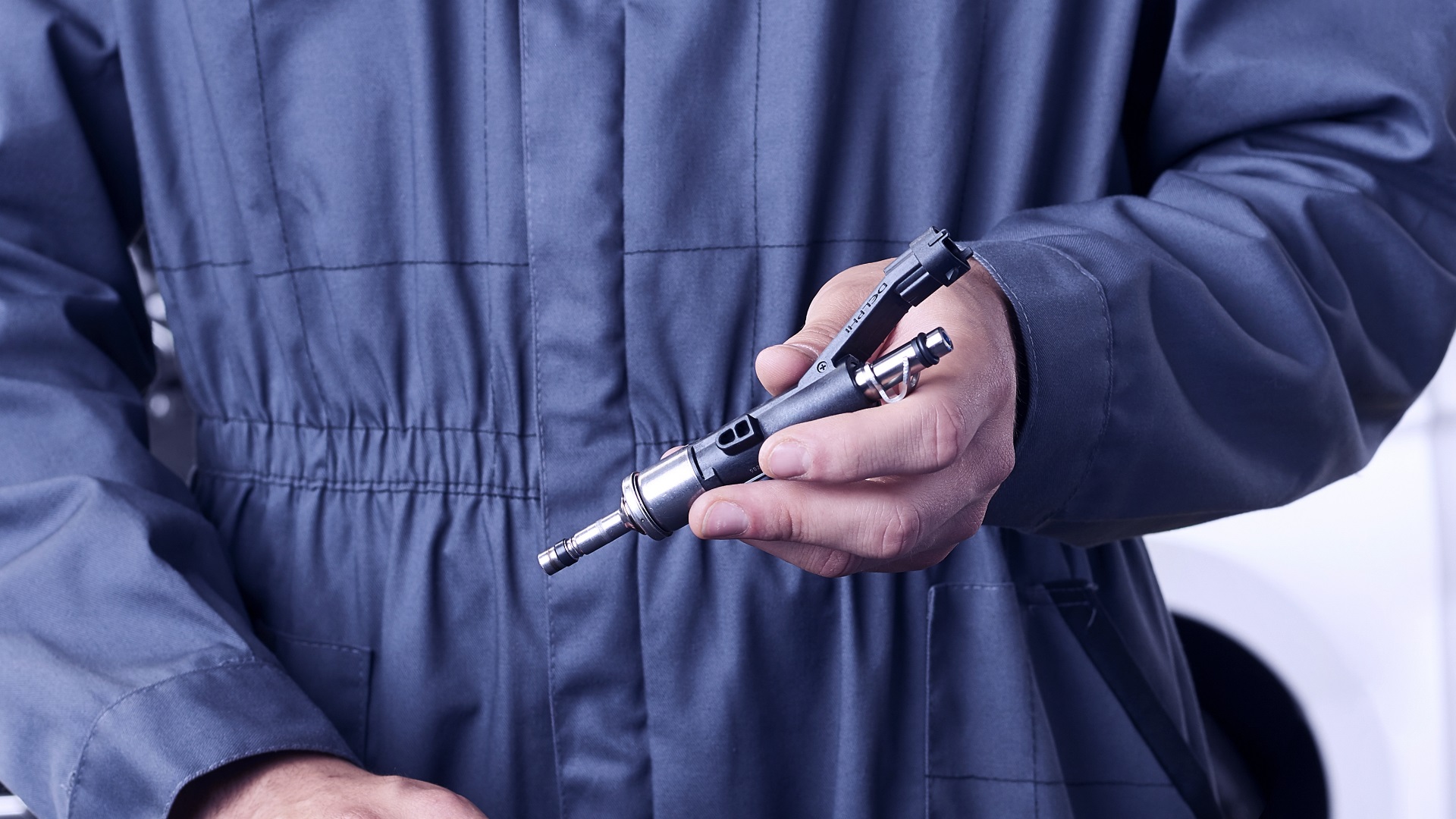
Find out where to buy Delphi parts

